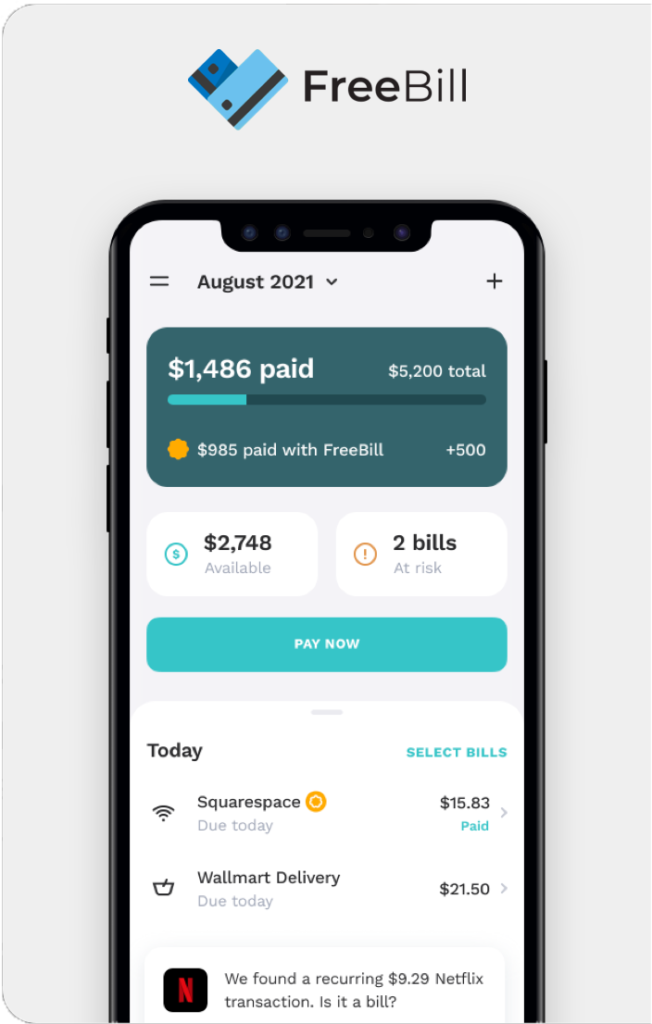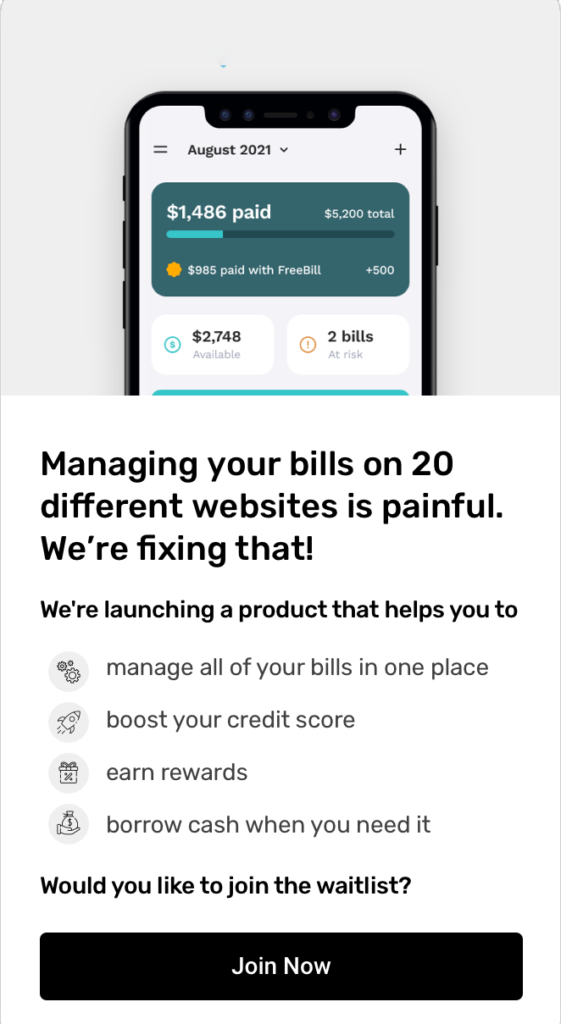
Loans, Definition, & Descriptions: Types of Loans You Should Know About

Loans, Types, & Uses
There are many different types of loans available to consumers. It cannot be very clear to know which one is right for you. By understanding the different options available to you, you can decide which loan is best for your needs! This blog post will discuss the loan’s definition, define types of loans, and provide a brief description.
The Personal Loan
A personal loan is a type of unsecured loan. This means that the lender does not require any form of collateral, such as property or assets, to secure the loan. Personal loans are typically used for smaller amounts of money and have a shorter repayment term than other loans.
The Installment Loan
An installment loan is a loan repaid over time in a series of fixed monthly payments. These loans are typically used for larger amounts, such as home mortgages or car loans, and have longer repayment terms than personal loans. Installment loans also require collateral (like your house) to help secure the debt if you cannot pay it back on time.
The Payday Loan
A payday loan is a short-term loan typically has high-interest rates and fees. The lender will give you cash upfront, but there are usually higher costs involved when paying off these loans sooner rather than later! They should only be used as a last resort during emergencies or unexpected expenses.
The Business Loan
A business loan is a type of loan that you can use to start up or expand your business. These loans are typically secured by collateral, such as property or equipment owned by the borrower, and used for their business purposes. They may also require personal guarantees from owners to qualify for approval; this is a way for the lender to reduce their risk if the business fails.
The Student Loan
A student loan is an installment loan that helps students pay for college or university. These loans typically have lower interest rates and more flexible repayment terms than other types of loans. They are also usually subsidized by the government, which means that the government pays the interest on the loan while the student is still in school.
The Auto Loan
An auto loan is an installment loan that helps you purchase a car. These loans typically have lower interest rates and more flexible repayment terms than other types of loans. They are also usually secured by the car itself, which means that if you cannot make your monthly payments, the lender can take back the car.
The Home Loan
A home loan is a type of mortgage that helps you purchase a house or property. These loans are typically for larger amounts of money and have longer repayment terms than other loans. They also require some collateral (like your house) to help secure the debt if you cannot pay it back on time.
The Debt Consolidation Loan
A debt consolidation loan is a personal loan that helps you combine all of your outstanding debts into one monthly payment. This can be helpful for people who are struggling to keep up with multiple payments each month. Debt consolidation loans typically have lower interest rates and more flexible repayment terms than other loans.
The Secured Loan
Secured loans are installments that require collateral, such as your house or car, to help secure the debt if you cannot pay it back on time. These loans typically have lower interest rates and more flexible repayment terms than other types of loans. They are also usually for larger amounts of money, so they can be helpful if you are looking to borrow a large sum of money over several years.
The Unsecured Loan
Unsecured loans are personal loans that do not require any form of collateral, such as property or assets, to secure the debt if you cannot pay it back on time. These loans typically have higher interest rates and fees than other loans. They are also usually for smaller amounts of money, so they may not be the best option if you want to borrow a lot of money.
The Home Equity Loan
A home equity loan is a type of secured loan that allows you to borrow money against the value of your house. This can be helpful if you need a large sum of money for a major purchase, such as a new car or a renovation project. Home equity loans typically have lower interest rates and more flexible repayment terms than other loans.
Interest Rate When You Borrow Money
The interest rate is the percentage of the money you will pay to borrow a certain amount over time. Interest rates have been historically low since 2008, but they’re still high enough that borrowing money can be expensive if not done carefully!
Interest Rate By Loan Type:
- Personal Loans – 14% APR on average for borrowers with good credit scores; up to 36% for those with poor credit scores.
- Business Loans – 12% APR on average for borrowers with good credit scores; up to 30% for those with poor credit scores.
- Student Loans – 0-12% depending on your school, program, and household income level (lowest interest rates are reserved only for those with the best credit scores).
- Auto Loans – 14% APR on average for borrowers with good credit scores; up to 36% for those with poor credit scores.
- Mortgages – Around four percent depending on your location, loan amount, and other factors.
Picking a Financial Institution to Borrow Money From
When looking for a bank or credit union to borrow money from, it’s important to research before applying. This will help ensure that you get the best deal possible and avoid paying too much interest over time!
Key Questions to Ask Before You Apply For A Loan:
- Do I have a good credit score?
- What is the interest rate for this loan?
- What are the repayment terms?
- How much can I borrow?
- Can I afford to make monthly payments on this loan?
- Is this a secured or unsecured loan?
- Does the institution offer any discounts for members/customers?
- What are the late fees or penalties if I miss a payment?
- Who can apply for this loan (e.g., people with good credit scores)?
- What do other customers say about the institution’s customer service experience?
- Will taking out another loan help me in any way at all, financially speaking?

FAQs
Are unsecured personal loans a higher risk for the borrower?
Yes, they are. The main reason is that you don’t have collateral to cover the loan if something goes wrong and you can’t afford it anymore; there’s more risk involved for both parties as a result! In addition, these types of loans tend to carry higher interest rates than other types (such as secured personal loans or mortgages).
What is a consumer loan?
A consumer loan is an unsecured personal loan for everyday expenses, such as groceries, gas, or rent. These loans typically have a shorter repayment term than other loans and come with higher interest rates.
What is the difference between APR and interest rate?
The Annual Percentage Rate (APR) is the amount of interest charged on your loan for one year. The APR will be higher than the interest rate because it’s calculated over 12 months rather than just a single month (or whatever period you’re borrowing the money).
What is in a loan agreement?
A loan agreement is a contract between two parties that outlines the terms and conditions of borrowing money. A typical agreement will define how much interest you’ll pay on your debt over time, what happens if either party defaults (e.g., doesn’t make payments), who owns collateral if something goes wrong with repayment arrangements, and more! You’ll need to sign this agreement before getting the loan in most cases.
What is the best way to track my credit history and credit report?
If you’re looking for a way to track your credit history and report, we recommend using an app like Credit Karma or Mint. These apps will help keep tabs on how much debt is owed by whom (and when) so that if anything happens with their finances in the future – such as defaulting payments due to illness or job loss – the borrower will have a better idea of what to do next. Remember, it’s always important to be proactive about your credit score and overall financial health!
Are credit unions finance companies?
No, credit unions do not finance companies. Credit unions are member-owned and operated financial institutions that offer a variety of products and services, including loans. They typically have lower interest rates than other lenders (such as banks) and can be a good option for those looking to borrow money.
How is a loan payment figured based on the amount of money borrowed?
It depends on the type of loan you’re taking out, but here are some common ways to figure out how much your monthly payment will be:
If it’s an auto loan with a fixed interest rate, there are two options: You can either pay off all at once or make a series of smaller payments over time (called “amortization”). In the latter case, your monthly payment amount will be lower, but you’ll end up paying more in interest over the life of the loan.
If it’s a mortgage with a fixed interest rate, your monthly payment is calculated by dividing the total borrowed by the number of years you have to pay it back.
Can I make loan payments with the personal property?
Collateral is an asset (such as a car or house) that the borrower puts up to guarantee repayment of a debt in case something goes wrong. It depends on the type of loan and the lender, but you cannot use personal property as collateral in most cases. Most lenders will not accept anything other than cash or assets that can be easily converted into cash as collateral.
Loan paid, now what?
Suppose you’ve just finished paying off a loan. Congratulations! Now it’s time to celebrate and reflect on what you learned. Keep in mind everything that went into taking out and repaying the loan – from interest rates to credit scores – to use that knowledge for future borrowing decisions. And lastly, pat yourself on the back for a job well done! You’ve successfully navigated the world of loans and can now put that knowledge to good use.
Do I need a bank account to be approved for a car loan?
It depends on the lender, but you will need a bank account to get a car loan in most cases. This is because the lender needs to be able to easily deposit your monthly payments into an account and also withdraw any late fees or penalties if they’re owed. Having a checking or savings account with your preferred lender can also help make things easier when applying for other types of loans.
Do I need to have a job before getting approved for an auto loan?
Most lenders will require you to be employed to get approved, but some may not if they think the monthly payments can be made consistently without employment. It’s always best practice and recommended that people work before applying for any loan (including auto loans). This shows lenders that you’re responsible with money management skills, which will increase your chances of approval.
How can I avoid having to pay interest on future repayment?
There are a few ways to do this, but the most common is to make larger payments towards the principal amount (the total amount you borrowed) instead of just making the minimum payment. You can also refinance your loan or take out a home equity line of credit, which allows you to borrow money against the equity in your home at a lower interest rate. Lastly, you can try to increase your credit score to qualify for a loan with a lower interest rate.




